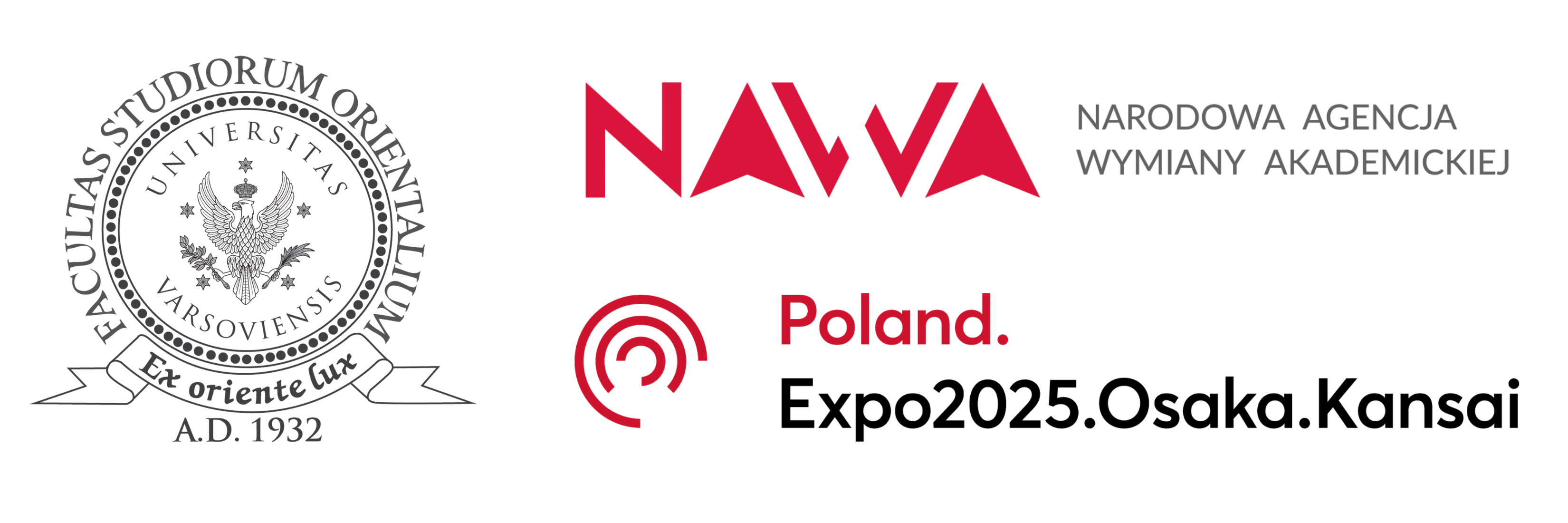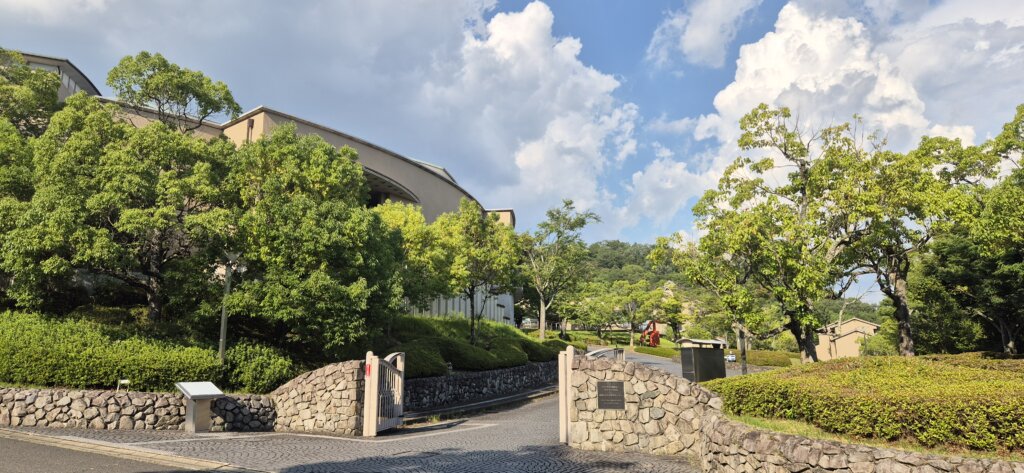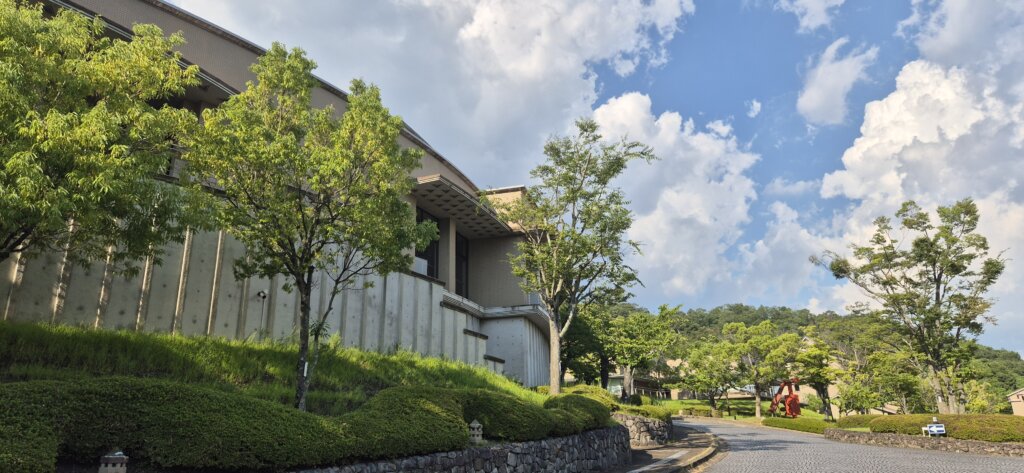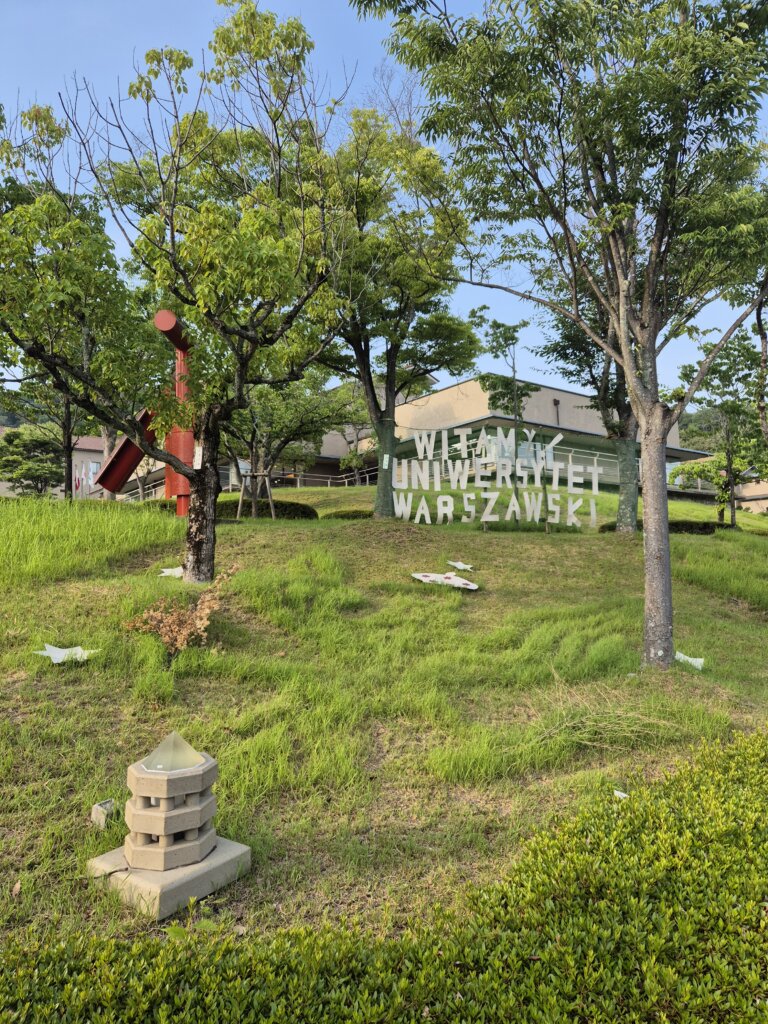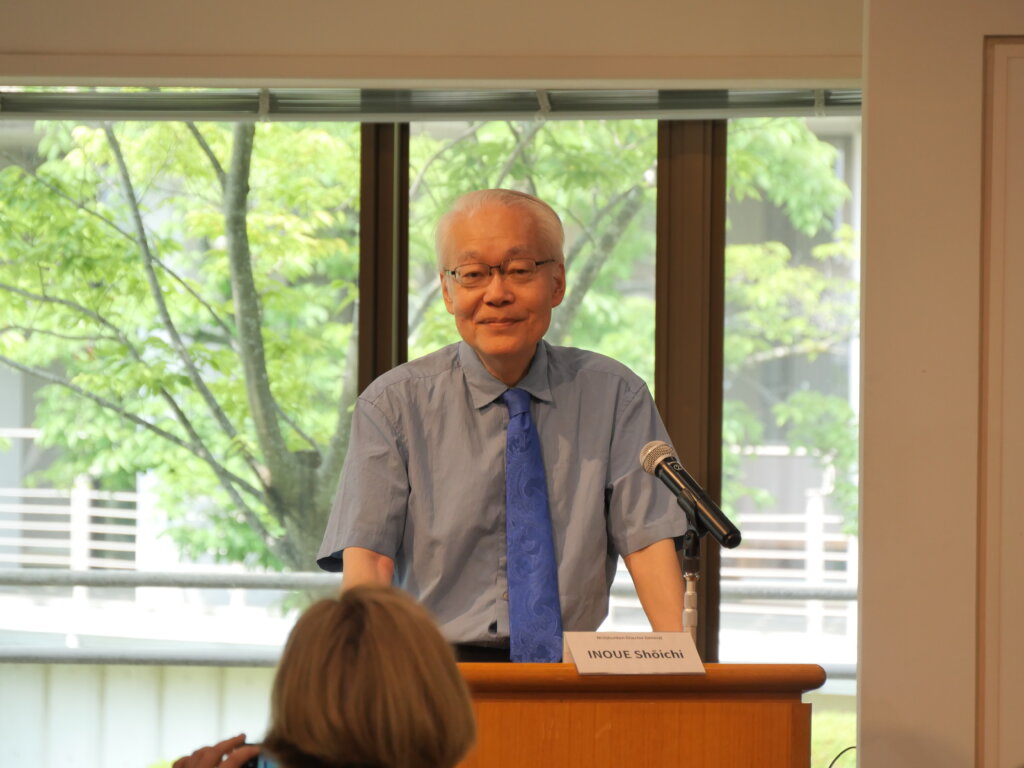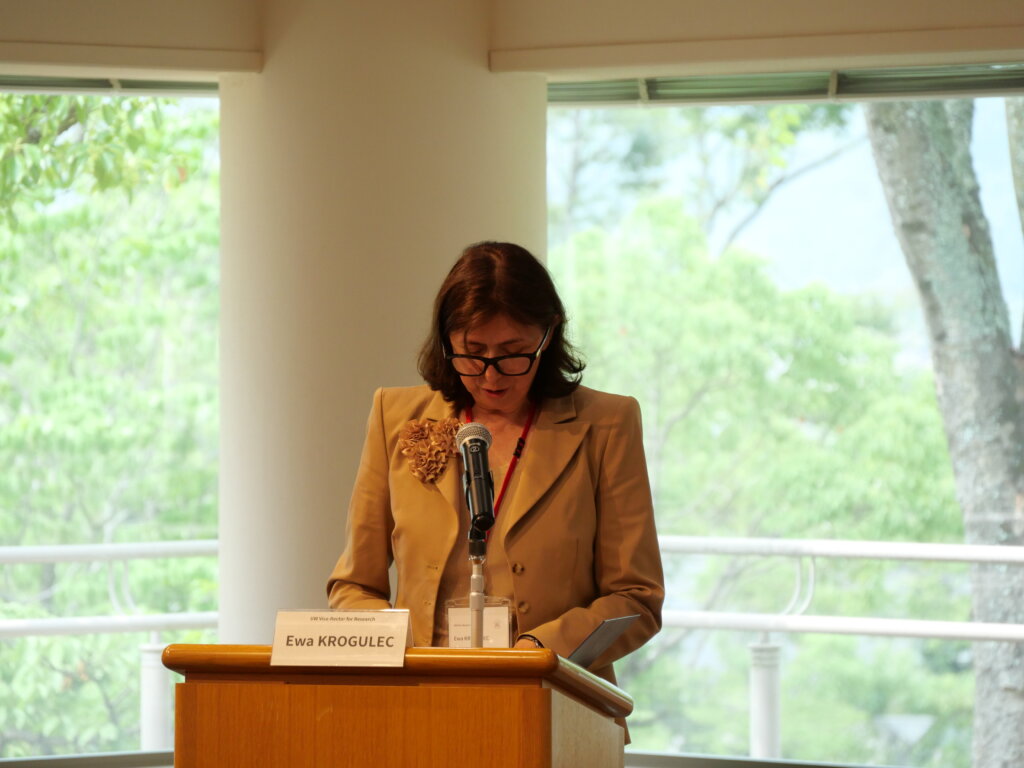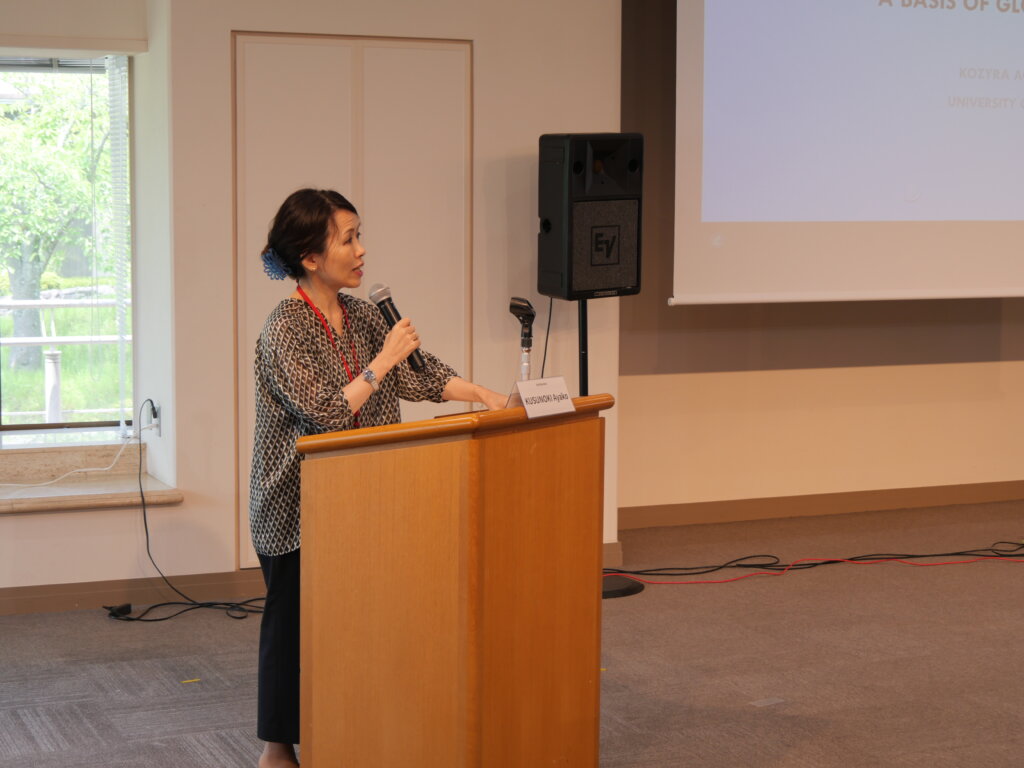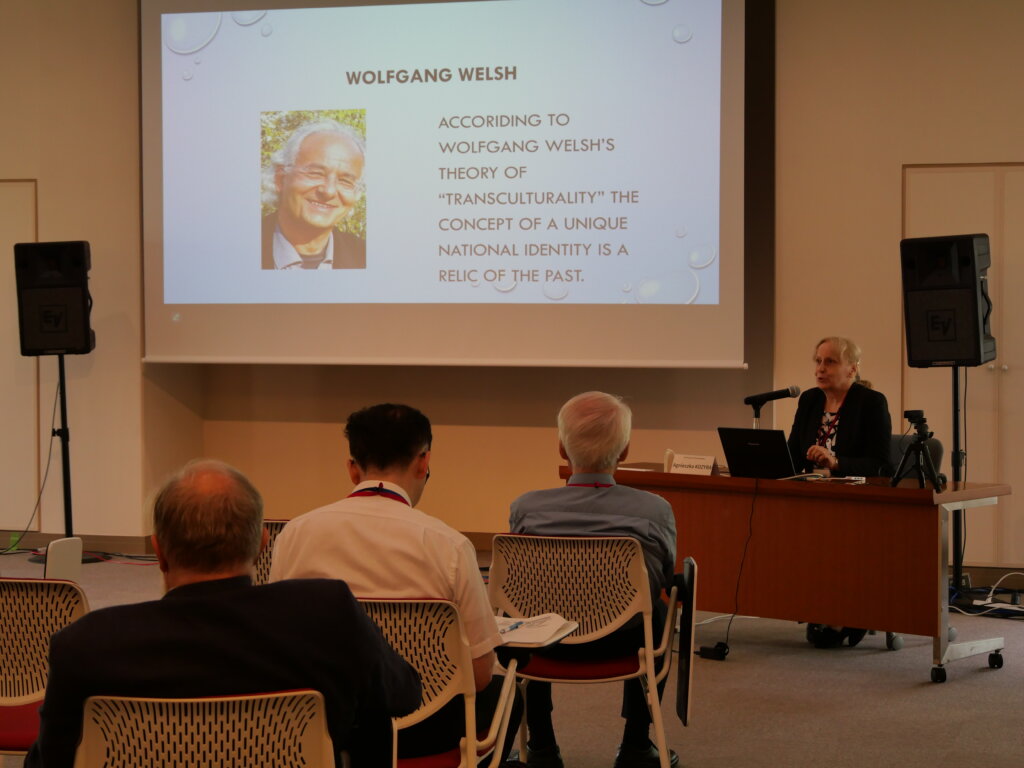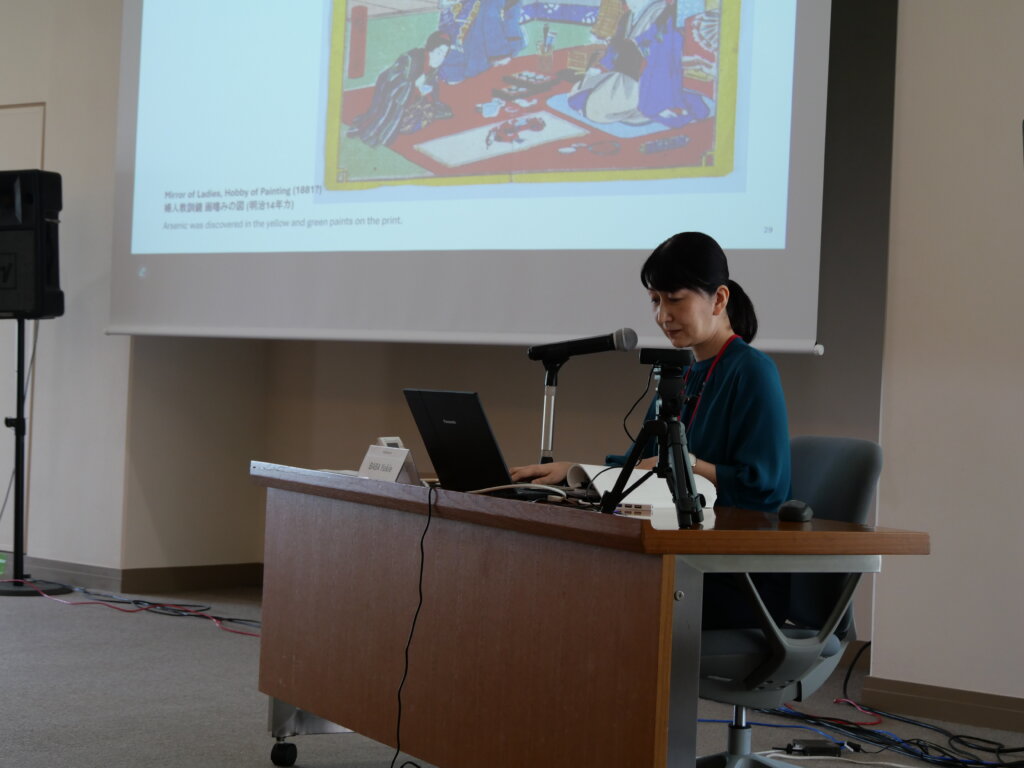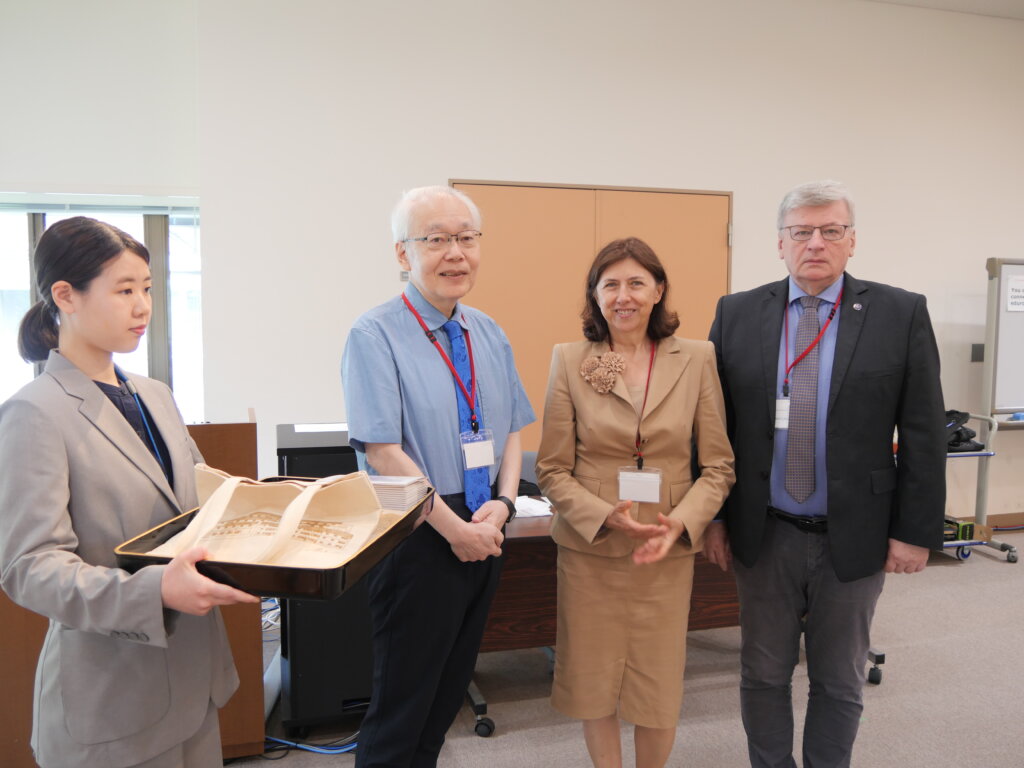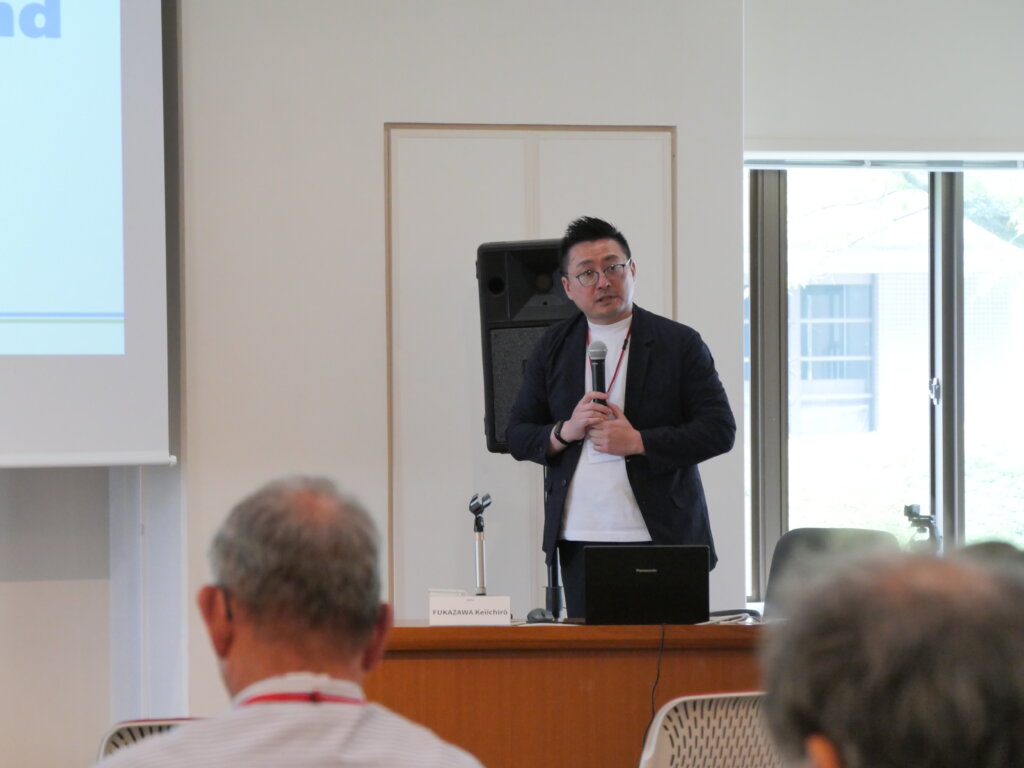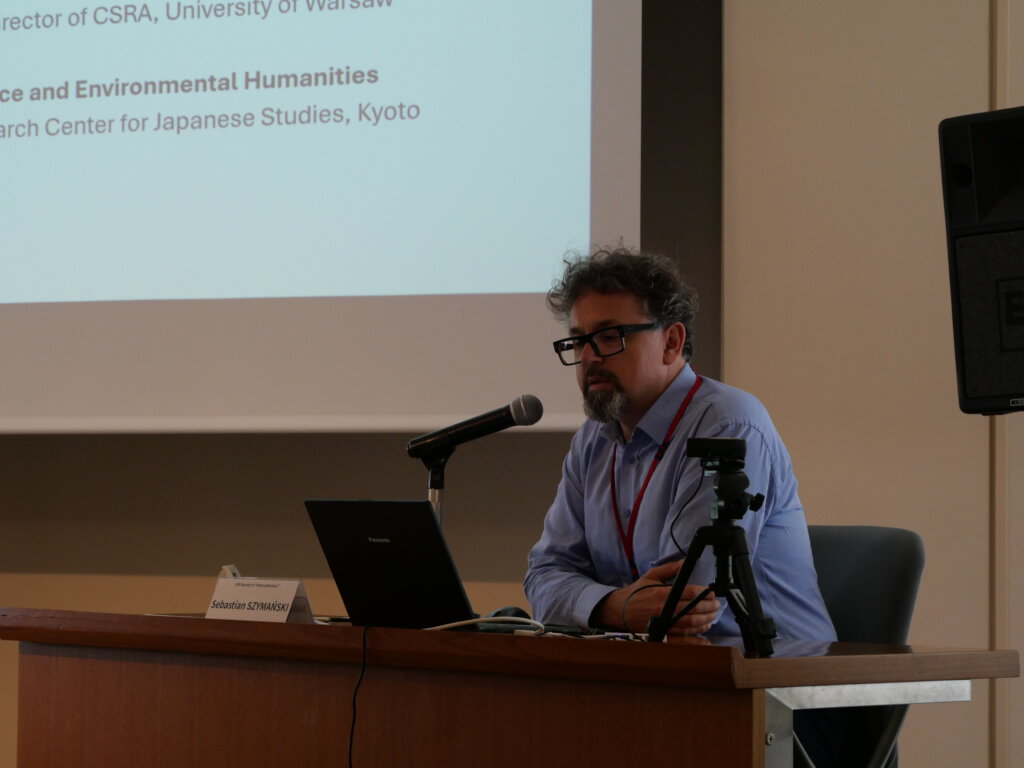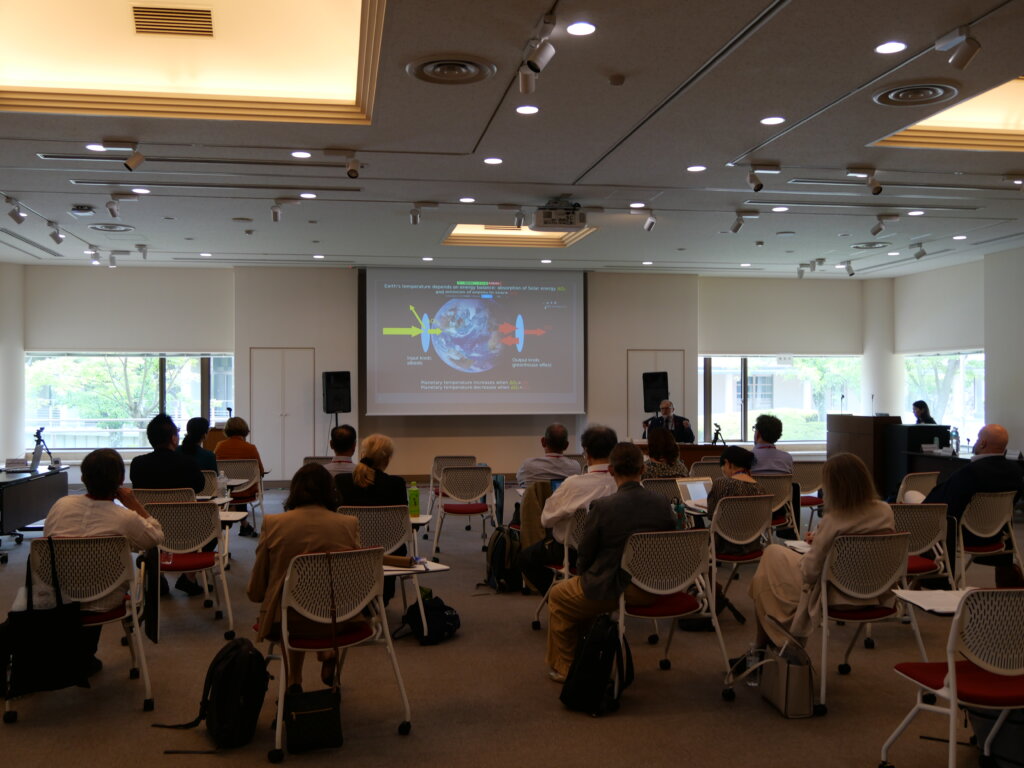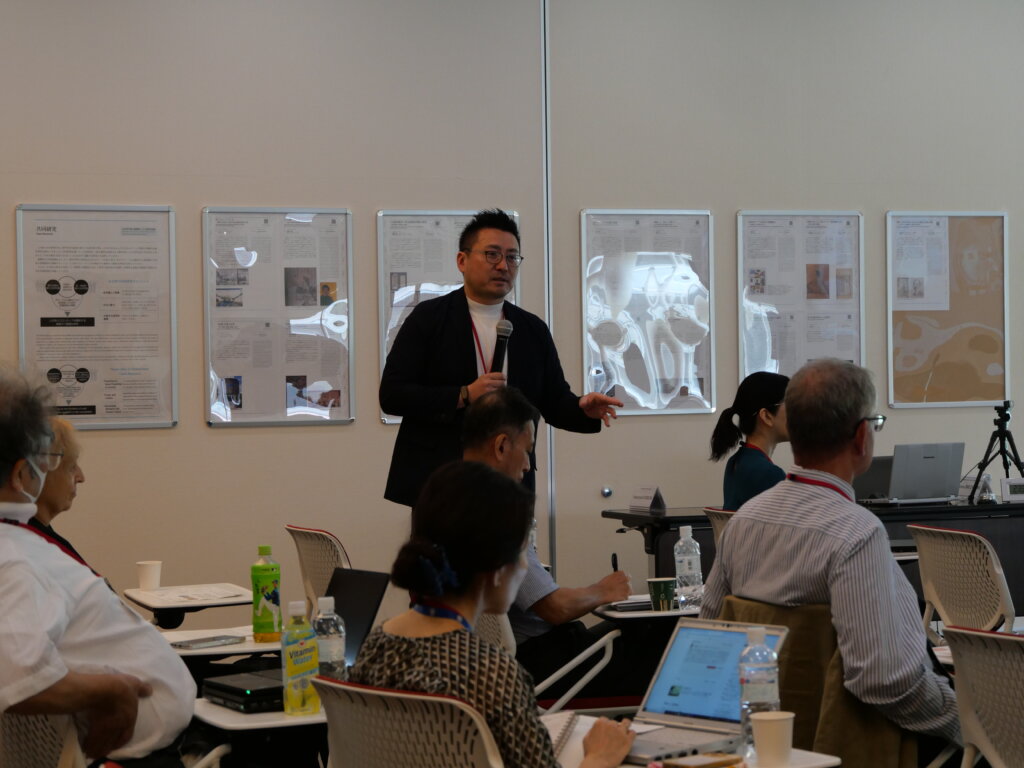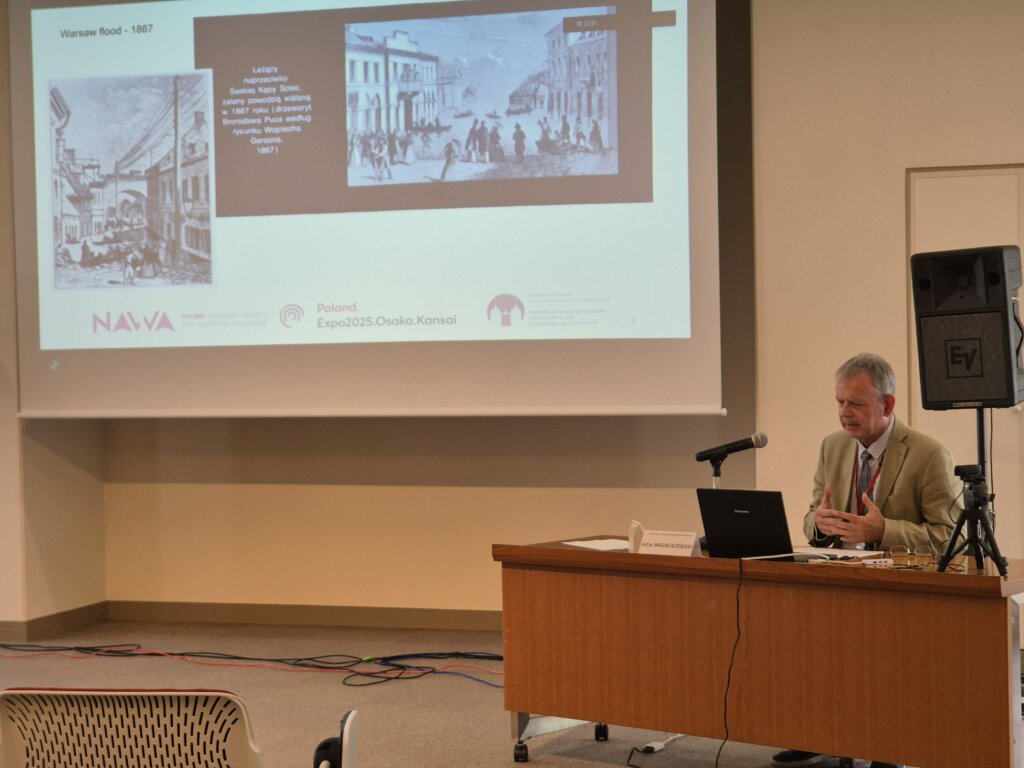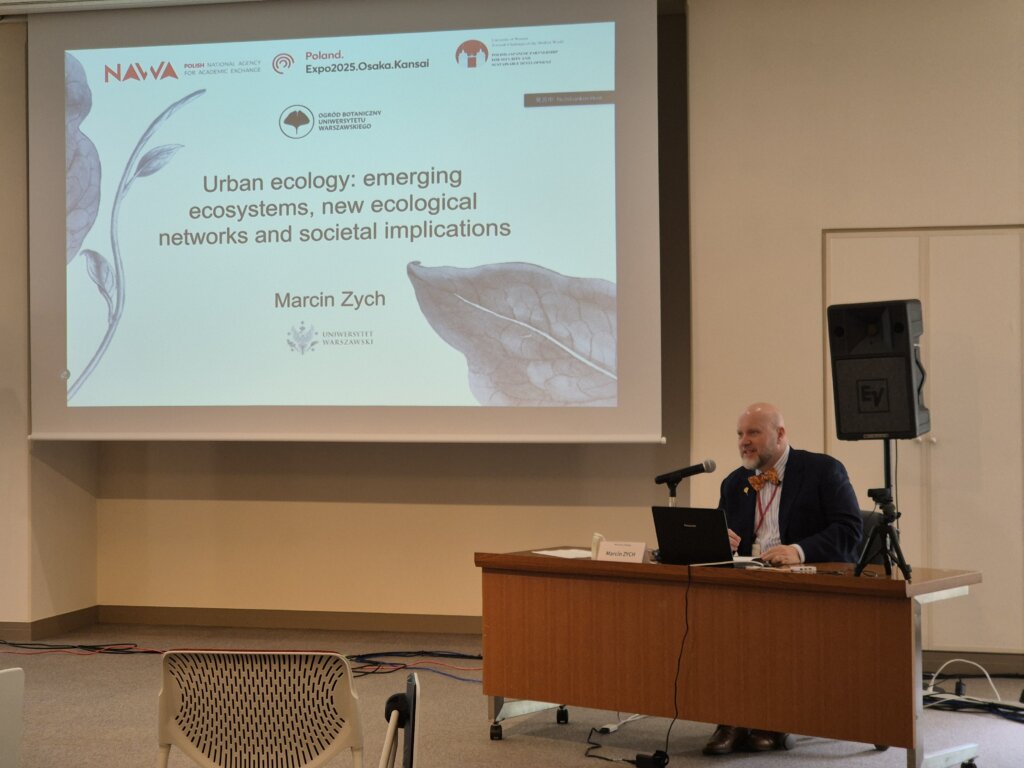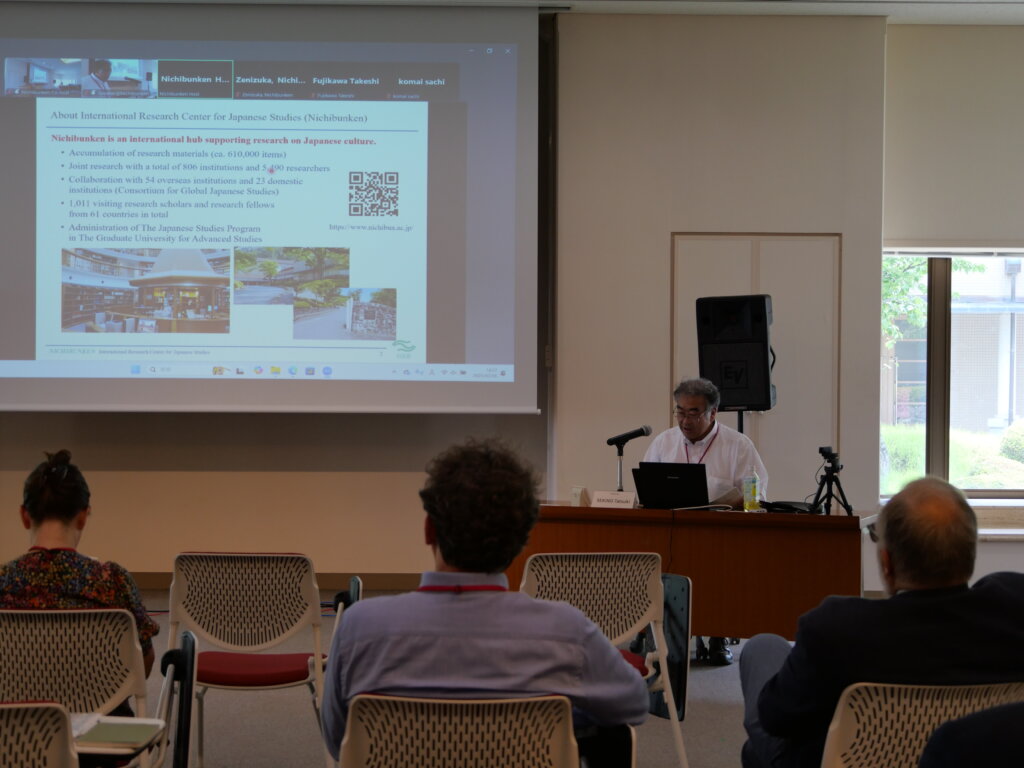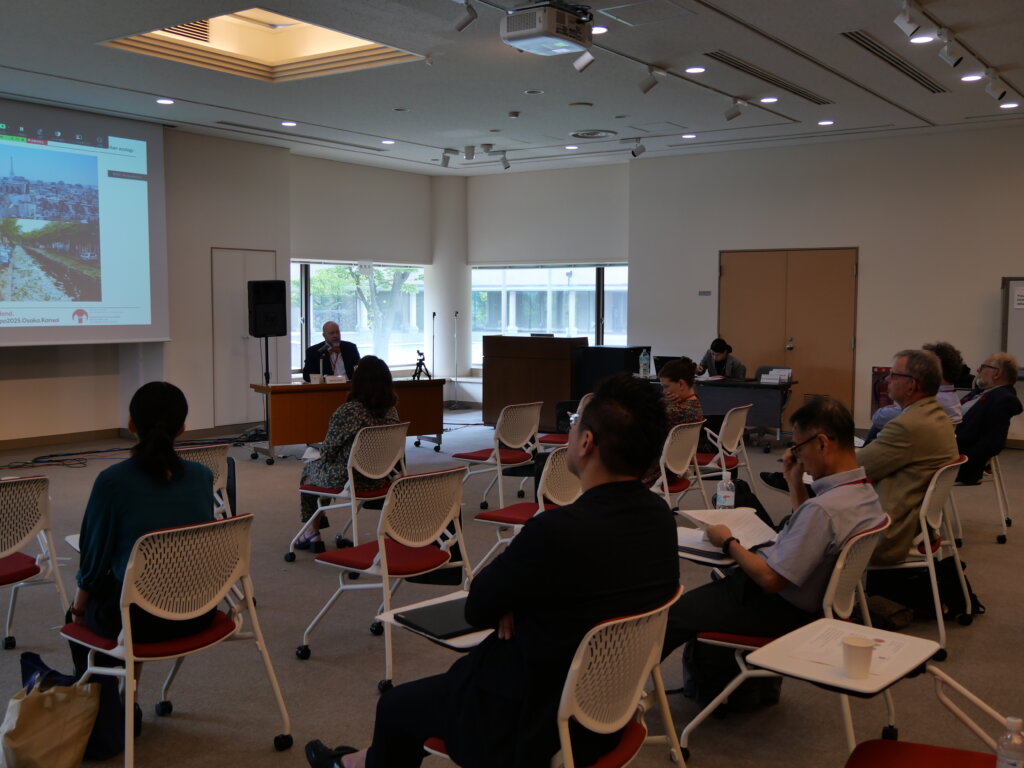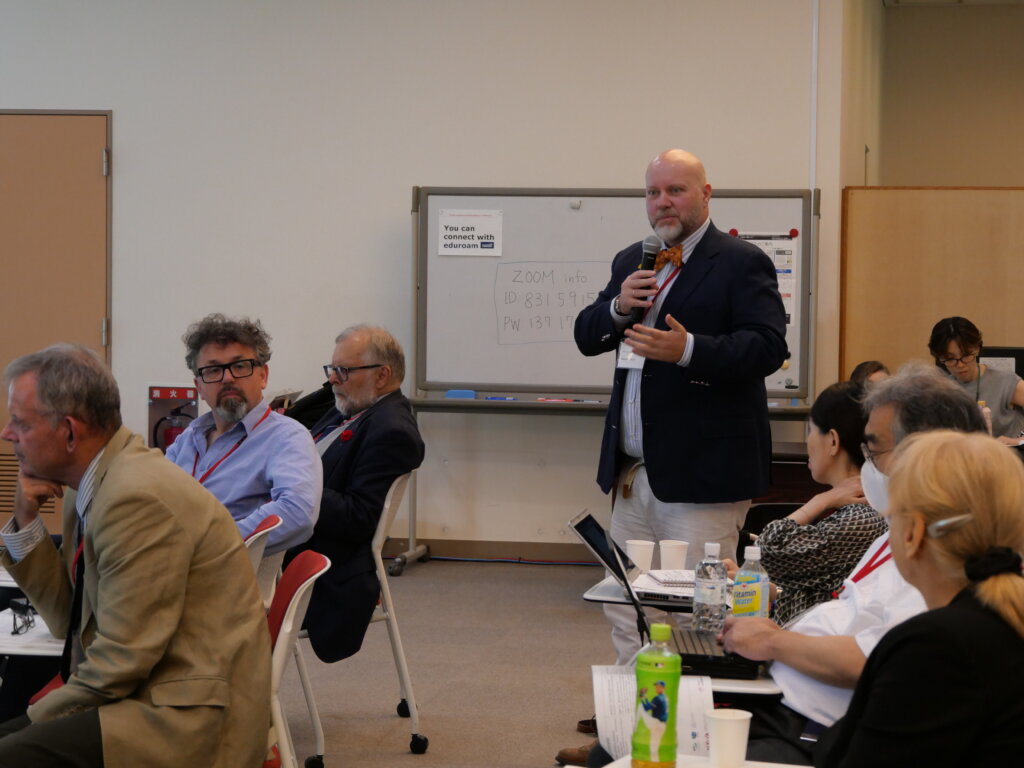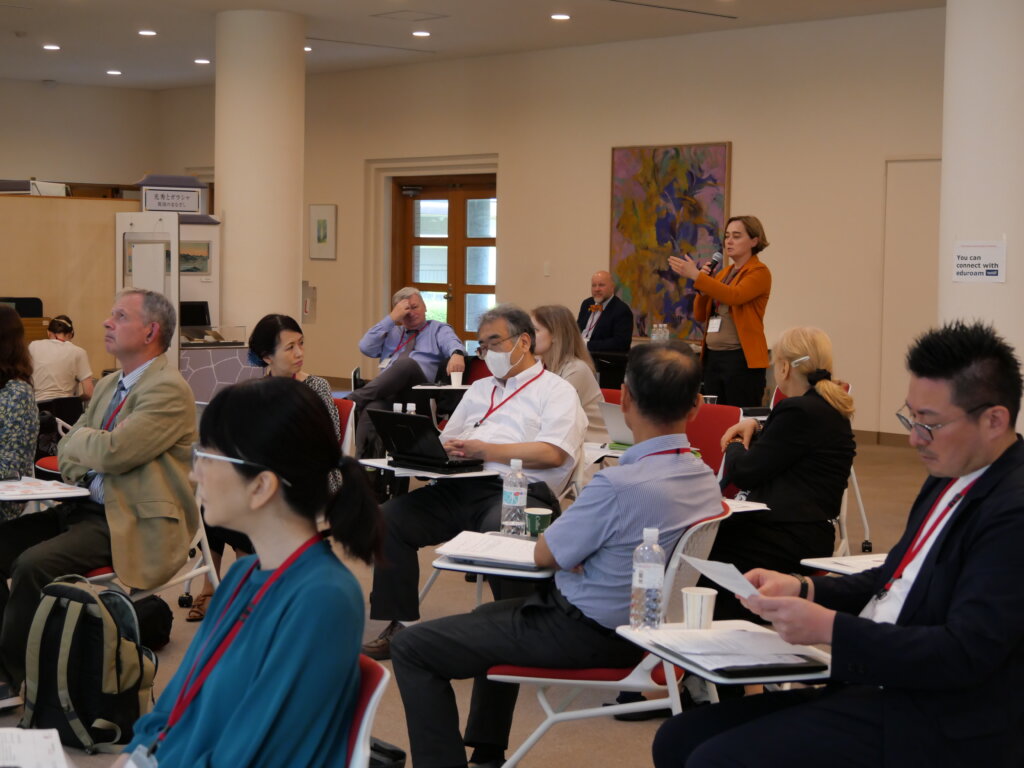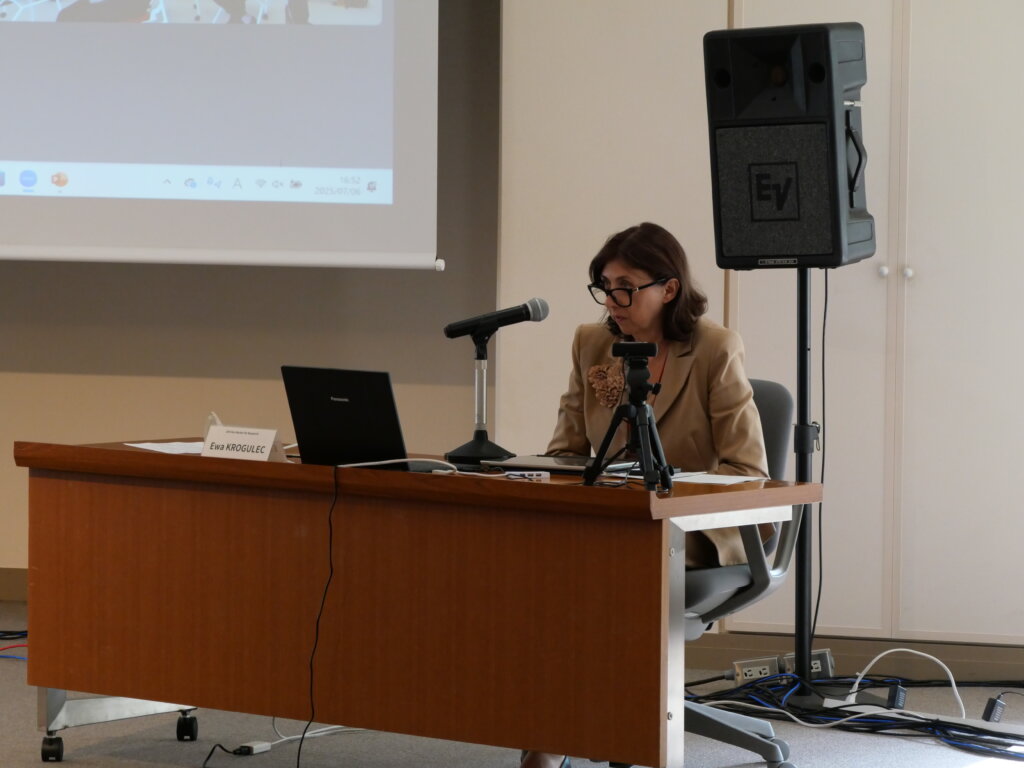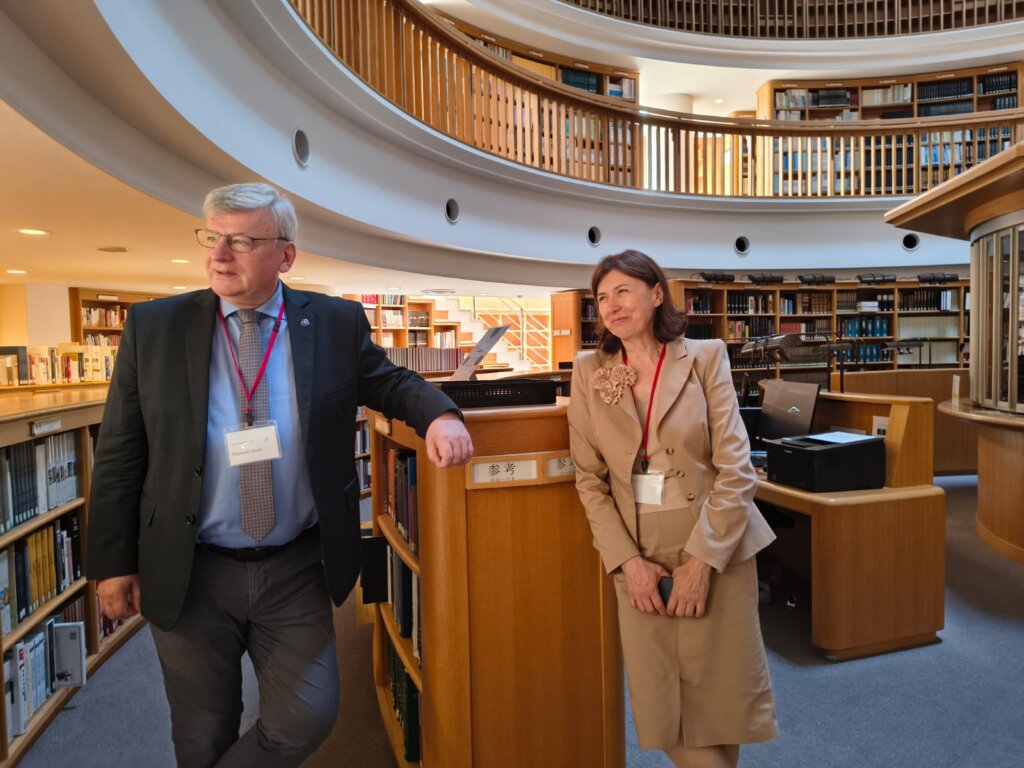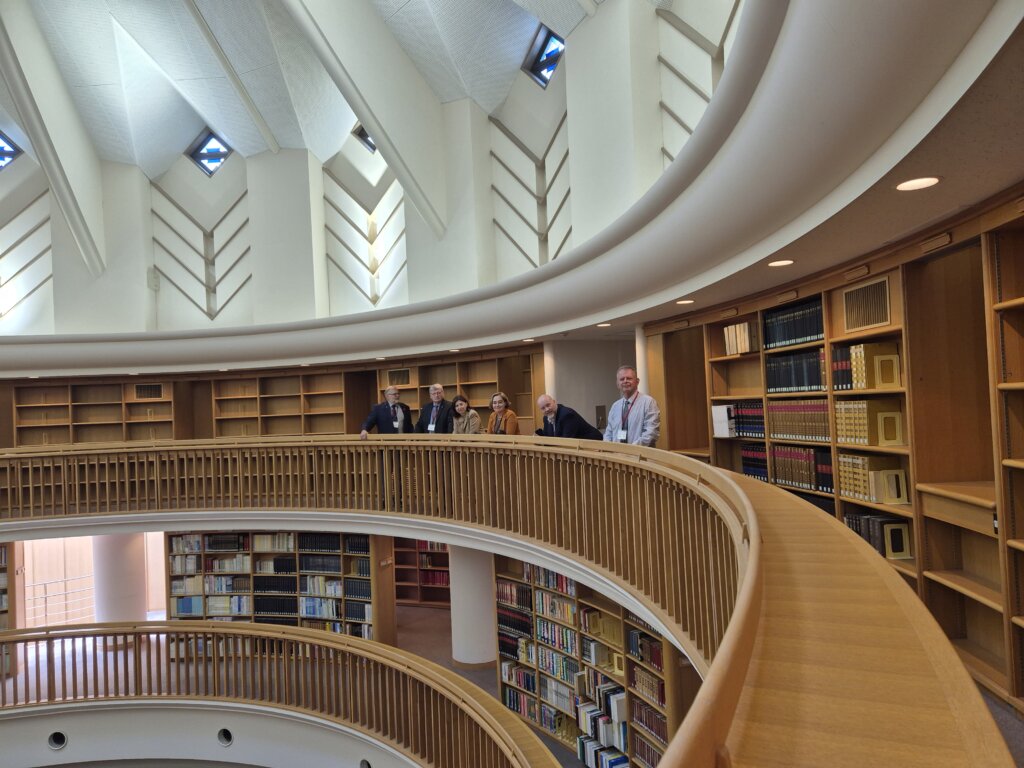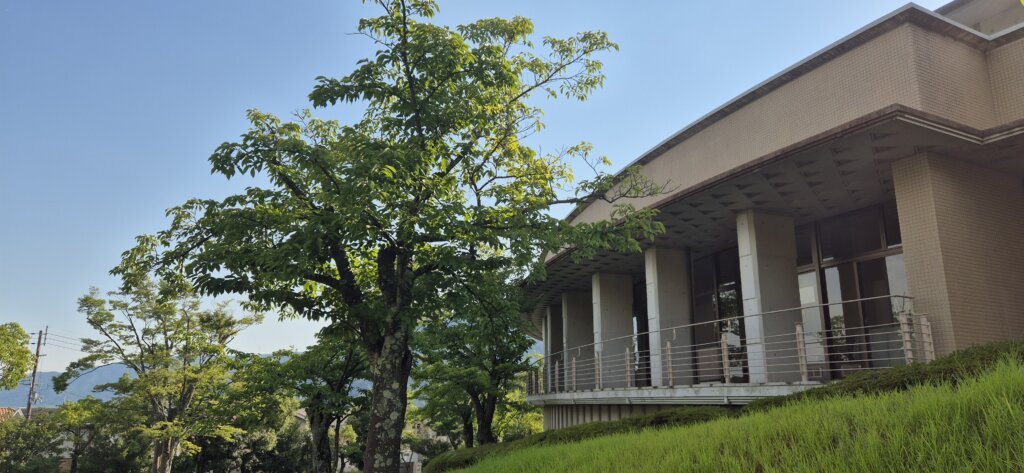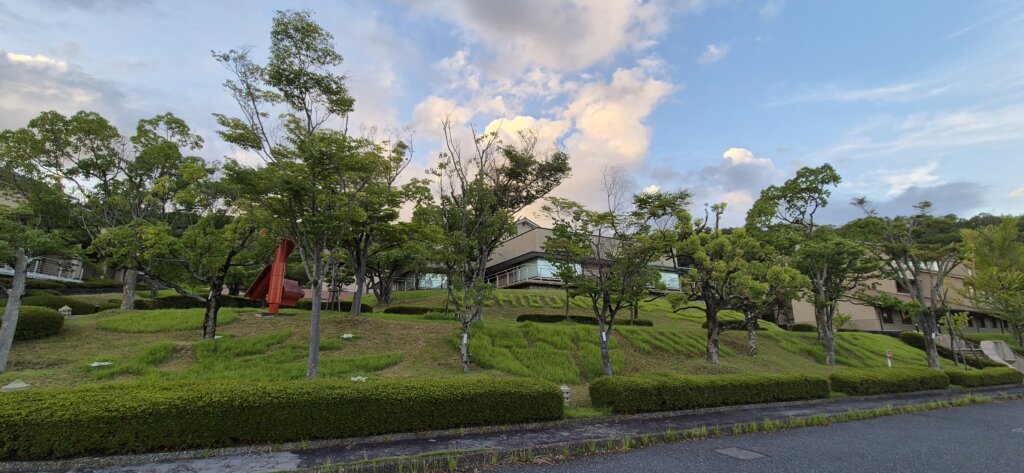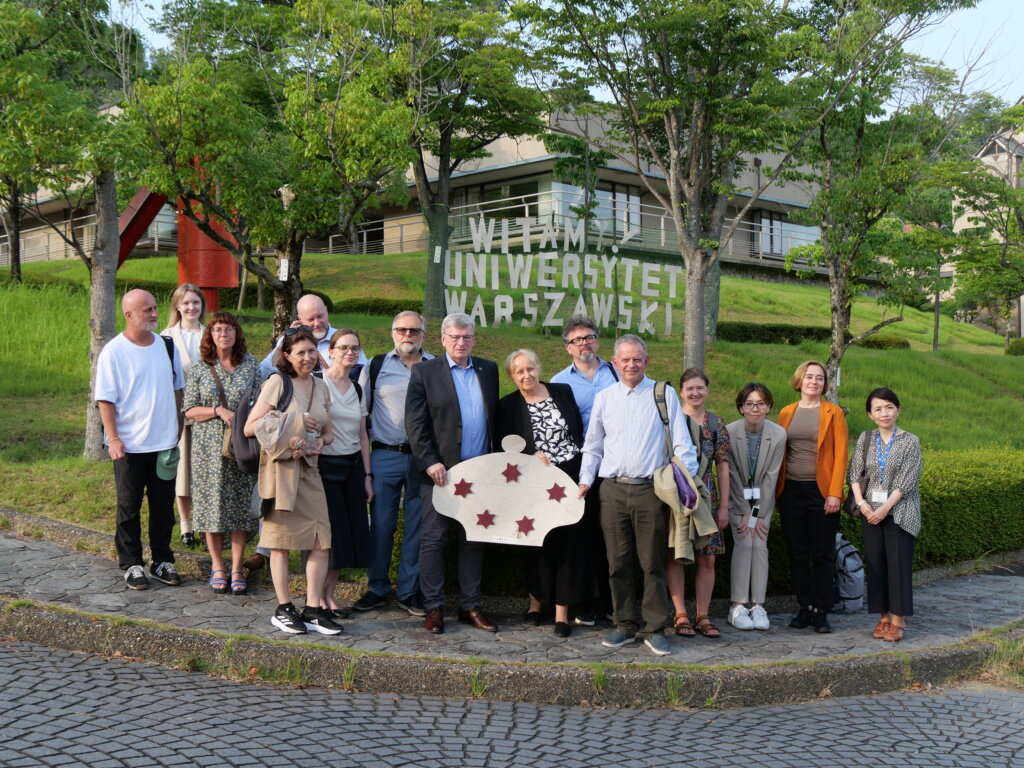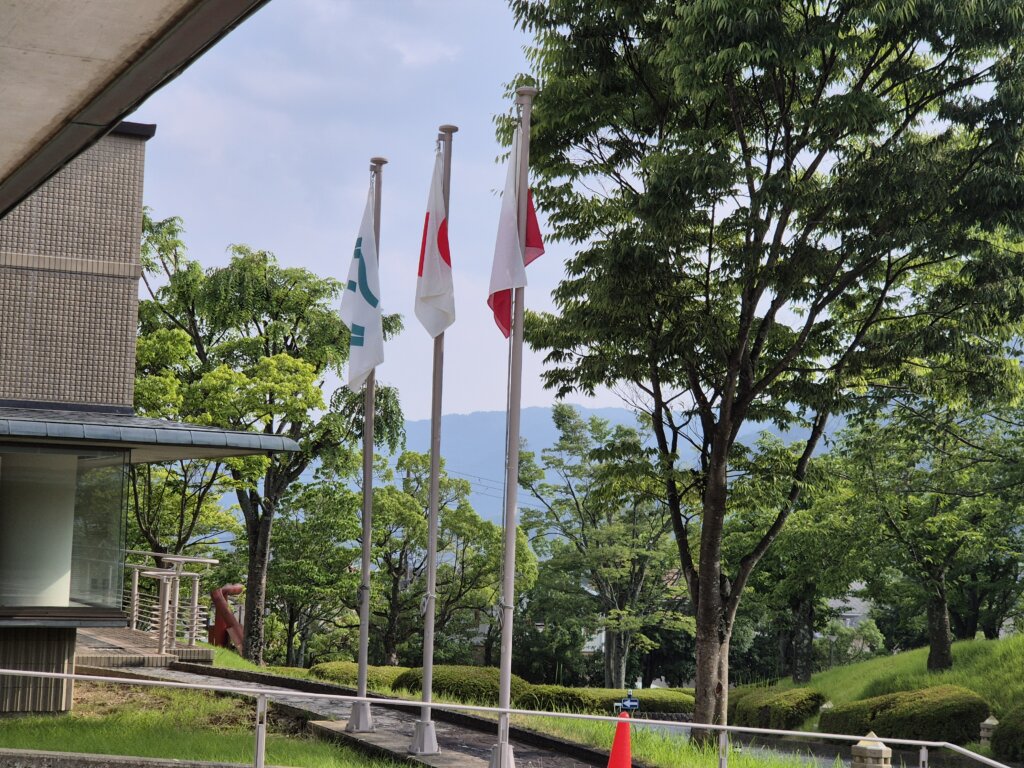6/07/2025 Sharing Spaces: Earth Science and Environmental Humanities
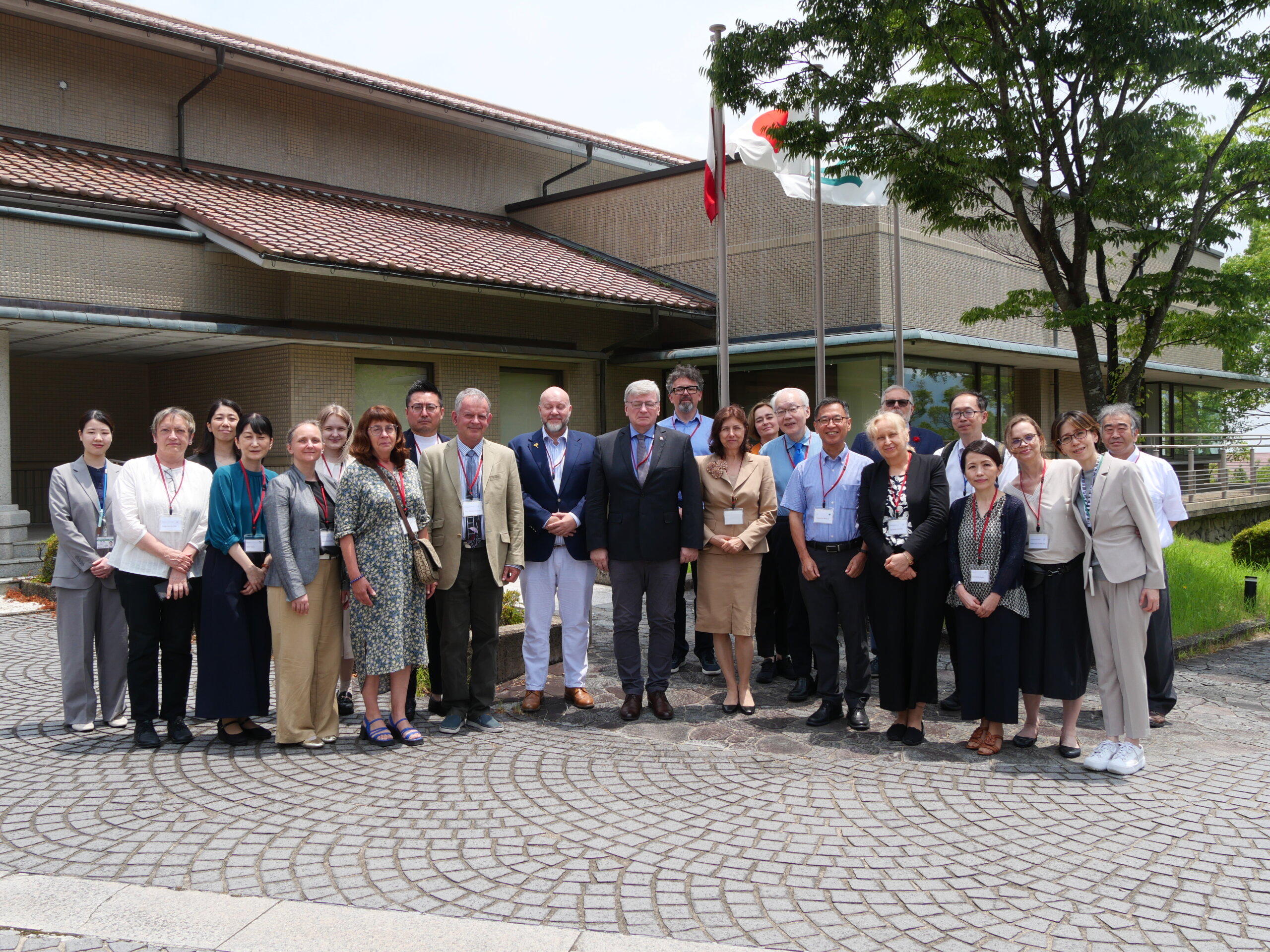
Kategoria: Konferencje i seminaria
Polish-Japanese Interdisciplinary Conference by Nichibunken, RIHN and University of Warsaw
Date: 6th July 2025, 10.00-17.00 (JST)
Venue: International Research Center for Japanese Studies (Nichibunken), Kyoto & online (Zoom)
Co-organizers: International Research Center for Japanese Studies (Nichibunken), Research Institute for Humanity and Nature (RIHN), University of Warsaw (UW)
Support Institution: Consortium for Global Japanese Studies

OVERVIEW
The acceleration of global change demands that we enhance and erich collaboration between researchers in the natural sciences, humanities and social sciences across the world in order to tackle today’s urgent ecological, economic, political and ethical challenges. This conference, organized jointly by the International Research Center for Japanese Studies (Nichibunken), the Research Institute for Humanity and Nature (RIHN) and the University of Warsaw (UW), will contribute to broad, multifaceted and swiftly evolving fields like environmental humanities, geo- and biosciences, as well as transculturality and interdisciplinarity.
Although the various strands of research at the intersection of environmental sciences and humanities provide different, and often divergent, answers regarding desirable values, ethical and social orders or economic paradigms in the context of the ecological-climate crisis, they are united in overcoming the view of ‘nature’ and ‘culture’ as oppositional categories. Collaborations of historians, literary and cultural studies scholars with climatologists, biologists or geologists helps to highlight the anthropogenic impact on the environment over the centuries. These attempts, and recent advances in ethology, foster reconceptualizations of the humanities place in the world through theories such as eco-posthumanism.
The number of interdisciplinary research projects carried out by UW academics aimed at enhancing innovation and achieving tangible results in areas such as sustainable development has increased significantly in recent years. Examples include projects carried out under the “‘Initiative of Excellence’ – Research University”, the activities of the Centre for System Risk Analysis, Techno-Humanities Laboratory or urban ecology studies conducted at the Faculty of Biology and the Botanic Garden.
The Interdisciplinary Conference launched within the “Polish-Japanese Partnership for Security and Sustainable Development” project and implemented under the Polish National Agency for Academic Exchange Program serves to share knowledge and experience in tackling specific environmental challenges (such as conservation of urban biodiversity or water scarcity in large cities and flood risks), as well as to discuss possible areas for effective multidisciplinary cooperation at the interface of nature and culture research.
PROGRAM (pdf)
10.00 Opening Address
Prof. INOUE Shōichi (Nichibunken Director-General)
Prof. Ewa KROGULEC (UW Vice-Rector for Development, Faculty of Geology)
Keynote Speeches
10.10 Prof. TANIGUCHI Makoto (Program Research Department, RIHN), Climate and water justice for human-environmental security: Interdisciplinary and transdisciplinary research
10.40 Prof. Zygmunt LALAK (UW Vice-Rector for Research, Faculty of Physics), The ‘Initiative of Excellence’ – interdisciplinary research at the University of Warsaw: challenges and strategies
Moderator: Asst. Prof. Katarzyna STARECKA (UW Faculty of Oriental Studies)
11.10 Coffee Break
Session I. Culture and Ecology
Moderator: Prof. KUSUNOKI Ayako (Nichibunken)
11.20 Prof. Agnieszka KOZYRA (UW Faculty of Oriental Studies), The patterns of acculturation and the problem of transculturality as an individual’s global identity
11.40 Specially Appointed Assoc. Prof. BABA Yukie (Nichibunken), Toxic archival materials as a global issue: Arsenic-based yellow and green pigments used in Japanese books, maps, and toys during the Meiji era
12.00 Discussion & Lunch Break
Session II. Human and Technology
Moderator: Assoc. Prof. Agata DZIEWULSKA (UW Center of Europe)
13.20 Prof. FUKAZAWA Keiichirō (RIHN Fundamental Research Department) Infrastructure risks in the age of technohumanism: Perspectives on power and space weather
13.40 Asst. Prof. Sebastian SZYMAŃSKI (UW Faculty of “Artes Liberales”), Japan and the EU: Two distinct paths to AI ethics
14.00 Prof. Szymon MALINOWSKI (UW Faculty of Physics), Climate change: interdisciplinary approach
14.20 Discussion & Coffee Break
Session III. Technology and Ecology
Moderator: Asst. Prof. Anna BATORCZAK (UW University Centre for Research on Environmental Studies and Sustainable Development)
14.50 Prof. SEKINO Tatsuki (Nichibunken), Resources, technologies, and platforms of digital humanities available for environmental research
15.10 Assoc. Prof. Artur MAGNUSZEWSKI, PhD Habil. (UW Faculty of Geography and Regional Studies), Flood as a natural disaster and how to adapt using historical knowledge
15.30 Prof. Marcin ZYCH (UW Faculty of Biology), Urban ecology: emerging ecosystems, new ecological network and societal implications
15.50 Coffee Break
16.00 Panel Discussion: Sustainability, Science, Solidarity: Universities Facing the Environmental Future
Moderator: Prof. Ewa KROGULEC (UW Vice-Rector for Development; Faculty of Geology)
17.00 Concluding remarks
Projekt finansowany przez Narodową Agencję Wymiany Akademickiej w ramach Programu Międzynarodowe Wydarzenie Naukowe na Wystawie Światowej Expo 2025 w Osace, Kansai (nabór 2024/Kierunek EXPO 2025 – umowa nr BPI/OSA/2024/1/00020/DEC/01).
